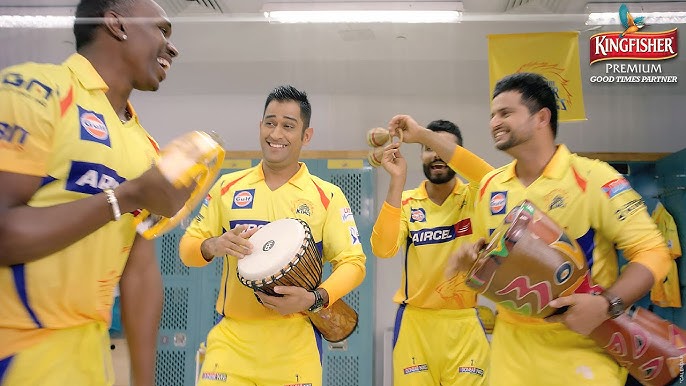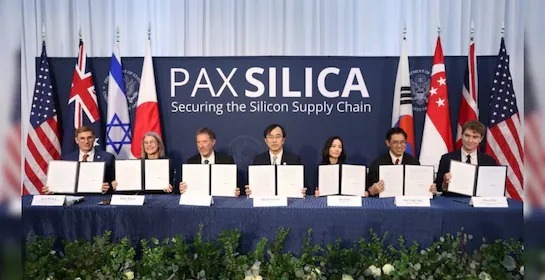@JUDGMENTTAG-ORDER
S.N. Dwivedi, J.@mdashThe petitioner, Masiuddin, held a licence for possessing a D.B. B.L. gun. It was granted to him in 1967. It was granted by the District Magistrate, Allahabad. Thereafter he purchased one D.B.B.L. gun No. A/4, 4517 (Indian). On September 28, 1969 the District Magistrate, Allahabad served a notice on him under the Arms Act, 1959. The notice directed him to surrender the licence and the gun to the Station Officer, Nawabganj. It also directed him to show cause why his gun licence should not be cancelled. Meanwhile, the District Magistrate suspended the licence.
2. The petitioner showed cause. Thereafter by his order, dated 17th July, 1969, the District Magistrate cancelled the licence. The petitioner filed an appeal against the order. The Commissioner, Allahabad, dismissed the appeal.
3. Counsel for the petitioner, Sri R. N. Singh has questioned the validity of the aforesaid orders on two grounds. One, the petitioner was not given an adequate opportunity of showing cause against the cancellation of the licence two, the reason assigned for cancellation of the licence is outside the ambit of Section 17 of the Arms Act.
4. After a licence is granted, the right to hold the licence and possess a gun is a valuable individual right in a free country. The security of public peace and public safety is a valuable social interest. Section 17 shows that Parliament had decided that neither of the two valuable interests should unduly impinge on the other. Section 17 seeks to establish a fair equilibrium between the two contending interests. It says: Hear the licensee first; and then cancel the licence "if necessary for the security of the public peace or for public safety". True, there is no express provision for hearing. But the nature of the right affected, the language of Section 17, the grounds for cancellation, the requirement of a reasoned order and the right of appeal plainly implicate a fair hearing procedure. (Jai Narain Rai v. District Magistrate, Azamgarh 1965 A LJ 994 : AIR 3966 SC 265 while cancelling a licence, the District Magistrate acts as a quasi-judicial authority.
5. Sri Singh''s grievance is that neither the petitioner has been heard nor has the licence been cancelled as it was found "necessary for the security of the public peace or for public safety."
6. The show-cause notice stated that as the petitioner was accused of the offence u/s 302, Indian Penal Code, his licence was suspended. The notice asked him to show cause why the licence should not be cancelled. The language of the notice would suggest that he was asked to explain why his licence should not be cancelled because he was accused u/s 302, Indian Penal Code in a criminal case. The notice did not ask him to explain any other charge or circumstance. In his explanation he said that he has been acquitted of the charge u/s 302 by the Sessions Judge, Allahabad, on May 10, 1969. He further stated that he was a law-abiding person and a peace-loving citizen and has never misused the gun. In his order the District Magistrate states that the explanation was not satisfactory. He cancelled the licence. The reason given by him in support of his order is that "there is enmity between him and one Mohammed Afaq so that there is possibility of the misuse of the fire arm". Evidently, the petitioner was never asked to explain why his licence should not be cancelled on account of there being enmity between him and one Mohammad Afaq. He was asked to explain only one charge, namely that he was accused of an offence u/s 302, Indian Penal Code. Regarding that charge he did give an explanation. Presumably that explanation was found satisfactory for the order is silent about it. But he was never asked to explain the new charge that there was enmity between him and Mohammad Afaq. So he was not afforded a fair hearing by the District Magistrate. And Parliament says that a licence cannot be cancelled until the licensee has been heard.
7. A licence may be cancelled, inter alia on the ground that it is "necessary for the security of the public peace or for public safety'' to do so. The District Magistrate has not recorded a finding that it was necessary for the security of the public peace or for public safety to revoke the licence. The mere existence of enmity between a licensee and another person would not establish the "necessary" connection with security of the public peace or public safety. There should be something more than mere enmity. There should be some evidence of the provocative utterances of the licensee or of his suspicious movements or of his criminal designs and conspiracy in reinforcement of the evidence of enmity. It is not possible to give an exhaustive list of facts and circumstances from which an inference of threat to public security or public peace may be deduced. The District Magistrate will have to take a decision on the facts of each case. But in the instant case there ''is nothing in his order to indicate that it was necessary for the security of the public peace or for public safety to cancel the licence of the petitioner. Mere enmity is not sufficient.
8. The Commissioner did not take into consideration the provisions of Section 17 at all. His order gives an impression of having been made in a mechanical manner. The cancellation of a licence destroys a valuable privilege of a free citizen of a free country. The District Magistrate and the Commissioner ought to fairly consider the facts and circumstances of each case and should also bear in mind the provisions of Section 17. The law does not give them a free hand.
9. The petition is allowed. The orders of the Commissioner and the District Magistrate cancelling the petitioner''s licence are quashed. The petitioner shall get costs.

